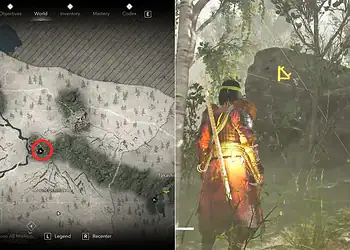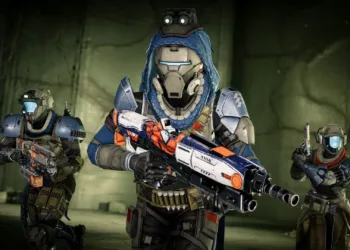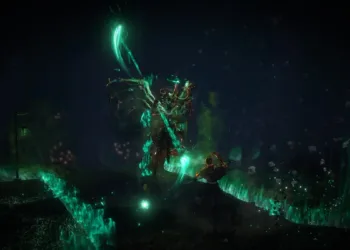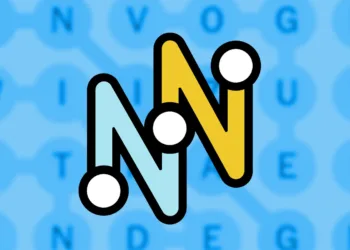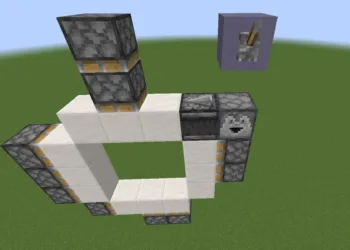Marvel Rivals exploded onto the gaming scene with massive player counts and multi-million dollar tournaments. Yet barely a year later, major esports organizations are quietly abandoning the competitive scene. What’s causing this shocking exodus, and what does it mean for the game’s future?
Let’s unpack the troubling signs behind Marvel Rivals’ competitive collapse—and whether there’s any hope for a comeback.
Table of Contents
Marvel Rivals Teams That Have Left the Scene
| Organization | Exit Date | Notable Achievement |
|---|---|---|
| Sentinels | November 5, 2025 | Major NA organization |
| Rad EU | August 11, 2025 | Ignite 2025 Mid Season Finals winners |
| RedBull OG | 2025 | Prominent European org |
| Zero Tenacity | 2025 | Competitive roster |
| Team Nemesis | 2025 | Active competitor |
Why Sentinels’ Departure Sent Shockwaves
When Sentinels—one of North America’s most prestigious esports brands—announced their exit on social media, they didn’t mince words. The organization directly called out NetEase Games for failing to implement proper team incentive programs.

Unlike established titles such as Counter-Strike 2, Valorant, and Overwatch where organizations receive revenue sharing, partnership benefits, and ecosystem support, Marvel Rivals offers nothing. Teams invest heavily in salaries, facilities, and content creation but see zero return beyond tournament winnings.
Sentinels made their stance crystal clear: they’ll only reconsider building a roster if NetEase introduces meaningful organizational support. This public ultimatum forced uncomfortable conversations about the game’s long-term competitive viability.
The Core Problems Killing Marvel Rivals Esports
Inconsistent Tournament Schedule
Teams can’t sustain operations when events happen sporadically throughout the year. Professional rosters require consistent salaries, practice facilities, and support staff. Without regular competition justifying these costs, organizations bleed money with no sustainable revenue model.
Missing Third-Party Ecosystem
Major tournament organizers like BLAST, ESL, and PGL have shown zero interest in hosting Marvel Rivals events. This contrasts sharply with other hero shooters that benefit from robust third-party scenes supplementing official competitions.
Underwhelming Viewership Numbers
Despite a $3 million prize pool, the Ignite Series peaked at approximately 81,000 concurrent viewers according to Esports Charts. For context, that’s disappointingly low given Marvel Rivals’ massive casual player base. Poor viewership means limited sponsorship interest, creating a vicious cycle that suffocates competitive growth.
No Partnership Revenue
Organizations participating in Riot Games’ Valorant partnership program receive stipends, revenue sharing, and promotional support. Marvel Rivals offers none of these financial lifelines, making participation purely speculative rather than strategically sound.

What This Means for Casual Players
The competitive scene’s struggles don’t immediately impact casual gameplay. Marvel Rivals remains popular for quick matches and casual fun. However, a healthy esports ecosystem typically drives:
- Regular balance updates focused on competitive integrity
- Higher production quality for in-game spectator features
- Sustained developer investment in new content
- Community engagement through aspirational competitive play
Without these elements, even casual players may eventually notice declining developer support. For more insights on competitive gaming trends, check out TechnoSports’ esports analysis section.
Can Marvel Rivals Esports Recover?
Recovery requires NetEase to fundamentally restructure their competitive approach. Successful implementations from competitors provide clear blueprints: establish franchise partnerships, guarantee minimum event calendars, support third-party organizers, and create revenue-sharing models.
Until NetEase addresses these structural issues, expect more organizations to quietly exit. The talent will migrate to more sustainable competitive ecosystems, leaving Marvel Rivals as primarily a casual experience.
For more breaking esports news and gaming updates, visit TechnoSports.
FAQs
Will Marvel Rivals shut down because teams are leaving?
No, Marvel Rivals isn’t shutting down—the casual player base remains strong and NetEase continues updating the game with new heroes and content. The esports exodus only affects the competitive professional scene, not the core game itself. However, a weak competitive scene often leads to reduced long-term developer investment in balance updates and competitive features that indirectly benefit all players over time.
What would NetEase need to do to bring teams back to Marvel Rivals esports?
NetEase must implement comprehensive organizational support systems including revenue-sharing partnerships, minimum annual salary stipends for partnered teams, guaranteed tournament schedules with consistent prize pools throughout the year, and support for third-party tournament organizers. Additionally, they need aggressive marketing to boost viewership numbers and make sponsorships attractive. Without financial incentives matching competitors like Valorant and Overwatch, organizations simply cannot justify the investment risk.


